Choosing a bride for a Chinese Emperor was a meticulous process that involved intense scrutiny, far from the ordinary matrimonial arrangements of commoners.
Authority of the Emperor’s Mother
The privilege of selecting the Emperor’s bride rested with the Emperor’s mother, the most senior woman in the imperial court. Her decision carried immense weight and significance, shaping the future of the dynasty.
Rigorous Examination
Prospective candidates for the position underwent rigorous examination. Any imperfections, blemishes, foul breath, or hints of body odor were deemed unacceptable. Contrary to common assumption, virginity was not taken for granted.
Jealousy and Rivalry
The selection process often stirred jealousy and rivalry among the candidates and their supporters. Even receiving an engagement present did not guarantee acceptance as the Emperor’s bride, as seen in the case of Nara, whose perceived beauty sparked envy but ultimately did not secure her the coveted position.
Importance of Harmony
The chosen bride held the destiny of providing an heir to the dynasty, amplifying the stakes of the selection process. The wedding ceremony symbolized a momentous occasion, reflecting the profound cultural significance attached to marriage in Chinese tradition.
Symbolism of Marriage
Chinese culture viewed marriage as the union of yin and yang, representing the complementary and harmonious forces of the universe. Maintaining harmony between these dual forces was essential for upholding order and balance, a principle deeply ingrained in the rituals and traditions of the Forbidden City.
The selection of an Emperor’s bride was not merely a personal choice but a decision with far-reaching implications for the stability and continuity of the imperial lineage, embodying the intricate intersection of power, tradition, and symbolism in ancient Chinese society.

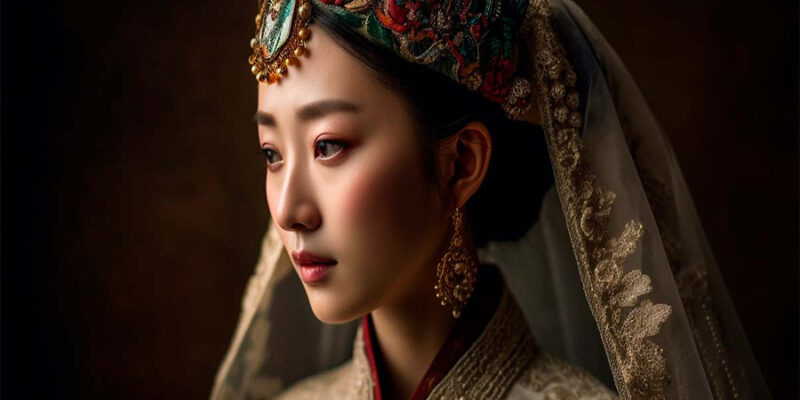
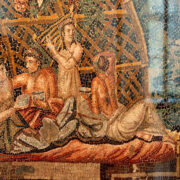



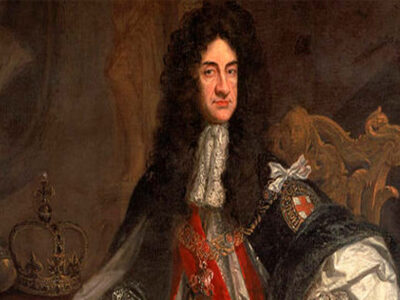
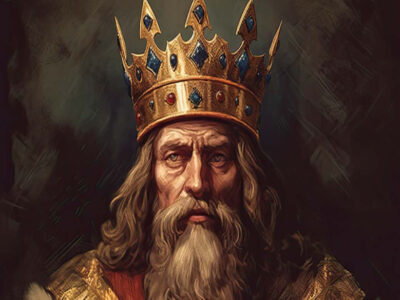

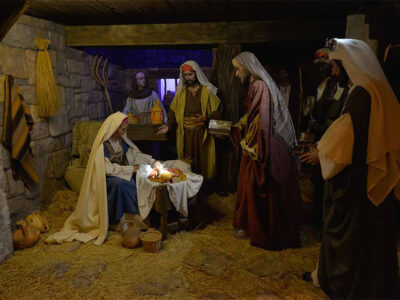
Comments